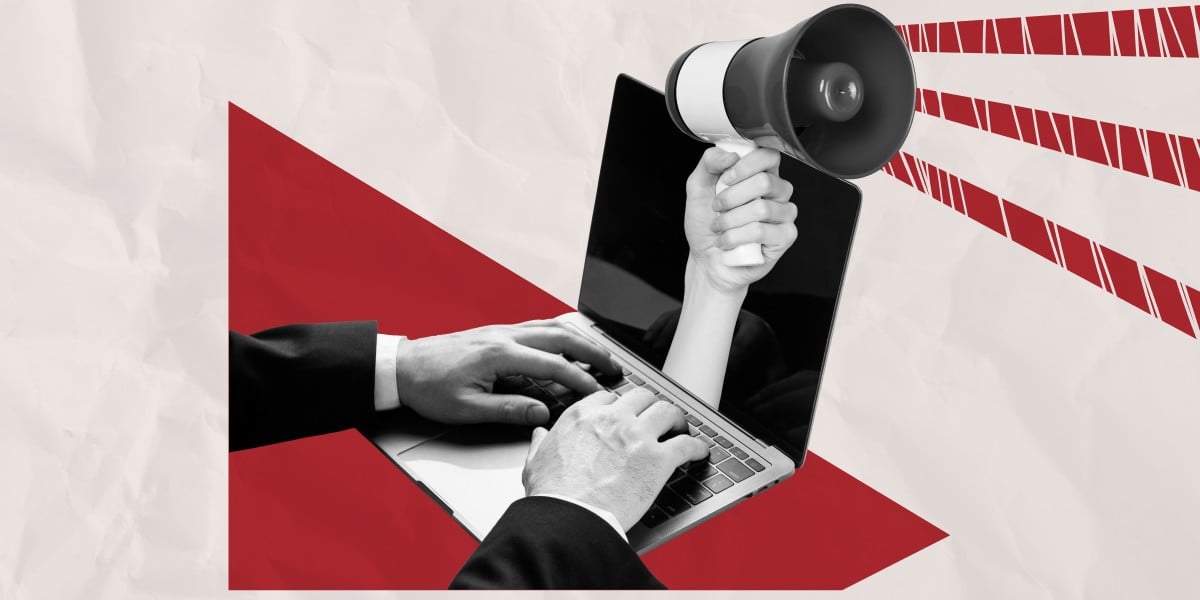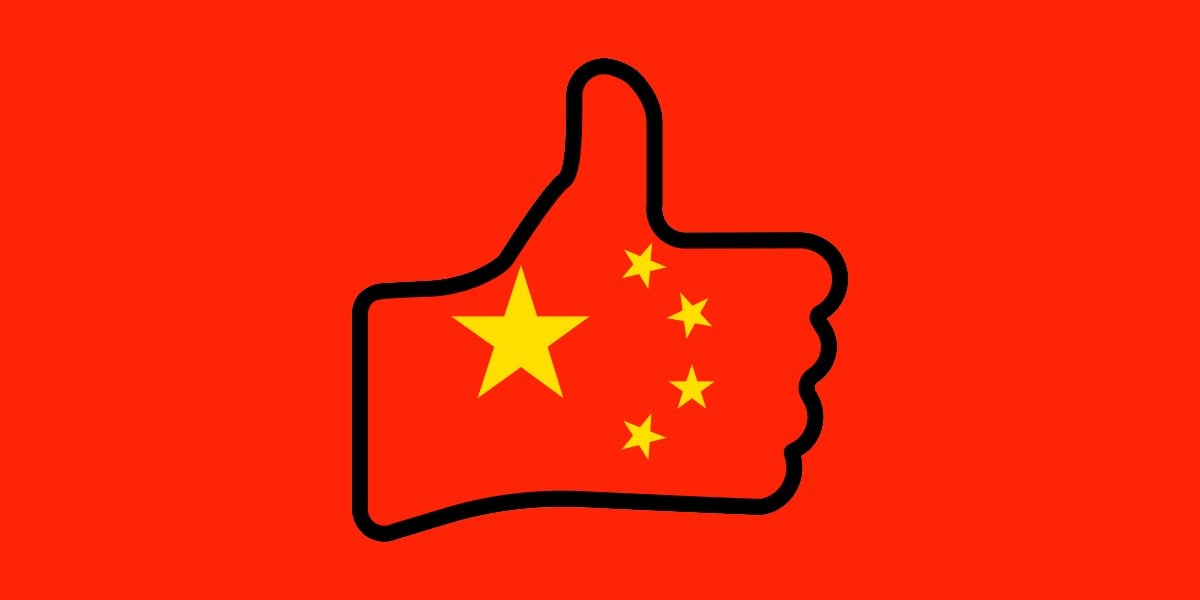BOOK THIS SPACE FOR AD
ARTICLE ADThe Japanese government has released details of of an app that verifies the legitimacy of its troubled My Number Card – a national identity document.
Beginning in 2015, every resident of Japan was assigned a 12 digit My Number that paved the way for linking social security, taxation, disaster response and other government services to both the number itself and a smartcard.
The plan was to banish bureaucracy and improve public service delivery – but that didn't happen. My Number Card ran afoul of data breaches, reports of malfunctioning card readers, and database snafus that linked cards to other citizens' bank accounts. Public trust in the scheme fell, and adoption stalled.
Now, according to Japan's Digital Ministry, counterfeit cards are proliferating to help miscreant purchase goods – particularly mobile phones – under fake identities.
Digital minister Taro Kono yesterday presented his solution to the counterfeits: a soon to be mandatory app that confirms the legitimacy of the card.
Japan to change laws that require use of floppy disks Japan's digital minister surrenders salary to say sorry for data leaks China ponders creating a national 'cyberspace ID' Indian authorities issue conflicting advice about biometric ID card securityThe app uses the camera on a smartphone to read information printed on the card – like date of birth and name. It compares those details to what it reads from info stored in the smartcard's resident chip, and confirms the data match without the user ever needing to enter their four-digit PIN.
The app stores the date and time of confirmation as a record of the transaction, but personal information of the user is not stored, according to documentation [PDF] released by the ministry.
If all goes according to plan, the app should be ready for general release in late August.
The app's developers – from the ministry and the private sector – have already consulted with businesses and institutional authorities, defined requirements and come up with a working product. It still needs to e tested and verified before rollout.
Japan has struggled with getting the general population to adopt the optional card. Prime minister Fumio Kishida directed ministers to "make every effort to promote" the use of the card in mid-2022 – when uptake was stalled at less than 50 percent over six years after its debut. By the end of fiscal 2022, the number of applicants for the card had jumped to 76.3 percent.
The country needs high adoption for several reasons, not least of which is a plan to replace health insurance cards with the My Number ID cards this year. ®
.png)
 3 months ago
14
3 months ago
14 














 Bengali (Bangladesh) ·
Bengali (Bangladesh) ·  English (United States) ·
English (United States) ·